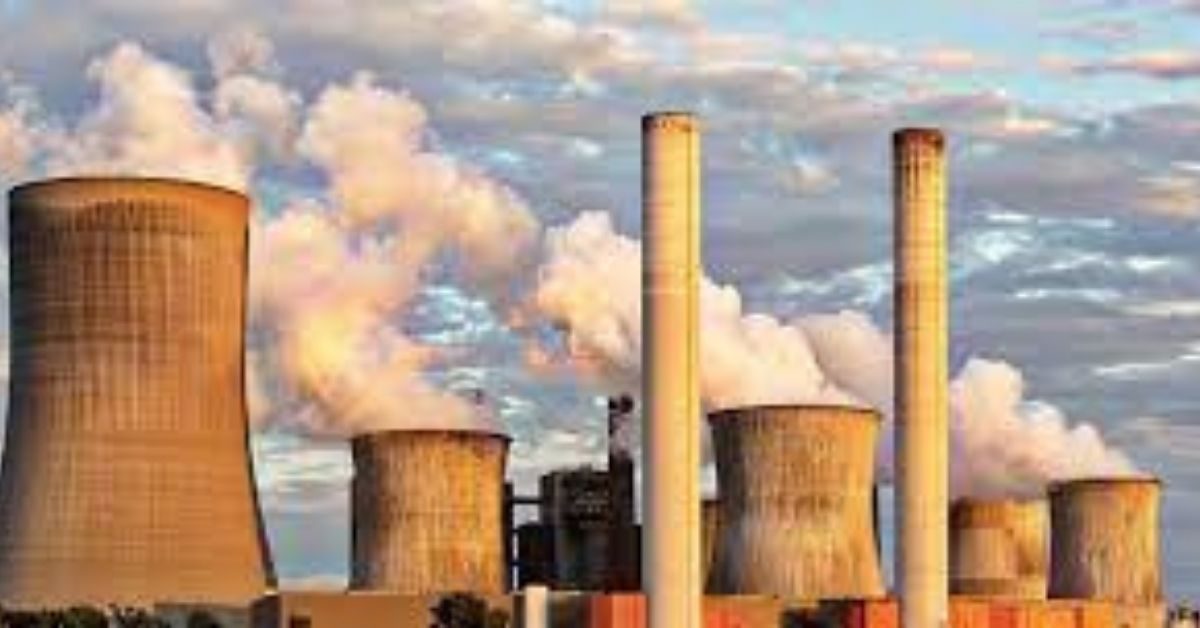India is considering a proposal to halt new coal-based power units as the country works out a plan to meet commitments made at COP26.
An expert committee tasked by the Union power ministry to update the National Electricity Policy (NEP) has recommended that no new coal-based capacity be considered, said people with knowledge of the matter. Replacement of old coal-based units should only be taken up when it is “convincingly established that it is not viable to meet the projected demand from alternate non-fossil fuel sources”, according to its suggestions, said one of the people aware of the details.
At the UN climate change summit COP26 in Glasgow last month, Prime Minister Narendra Modi announced India’s aim to achieve net-zero emissions by 2070 and also pledged to attain 500 GW of installed electricity capacity from non-fossil fuel sources by 2030.
Power Ministry’s Earlier Stance
The expert committee’s recommendation is a marked shift from the power ministry’s earlier stance that the country may add more capacity through fossil-fuel sources as they continue to be a cheap source of electricity.
A senior government official said the report submitted by the expert committee in the last week of October is under deliberation. Once the draft policy is prepared, it will be circulated by the ministry among stakeholders for comments, he said.
The committee, headed by Gireesh Pradhan, former chairman of the Central Electricity Regulatory Commission, framed its recommendations after consulting all stakeholders, including states. The National Electricity Policy lays down the guidelines for the optimal utilisation of resources such as coal, natural gas, nuclear substances, hydro and renewable sources of energy and was last tweaked in 2005. The Electricity Act provides for its periodic revision.
“With growing penetration of renewable energy, about 60 GW of thermal capacity under construction and average thermal PLF (plant load factor) around 55%, we certainly do not need any more thermal,” said Association of Power Producers director general Ashok Khurana. “As power demand increases, our first priority should be to get stranded coal and gas projects on stream.”
The committee has suggested replacement of coal-based capacity should only be based on technology that’s flexible in ramp-up and ramp-down and has higher efficiency rates, said the people cited above.
Decarbonisation of the electricity system is pitched as one of the priorities of the policy through retirement of inefficient plants and retrofitting existing coal-fired projects to enable flexible ramp-up and ramp-down of generation.
Hydro and gas-based projects are considered to be flexible in generation, while coal-fired plants take several hours to reach the required output and cannot quickly be scaled back if demand drops.
The committee has also recommended that inefficient generating units with a heat rate of over 2700 Kcal per kWh must be retired before March 31, 2023.
Experts said the days of thermal energy in India seem to be numbered given the country’s surplus installed base, coupled with the push toward non-fossil energy and emerging energy storage technologies that will make renewable energy available round the clock.
In September, seven UN member countries launched a no-new-coal-energy compact at the UN High-Level Dialogue on Energy in their bid to achieve net-zero emissions by 2050.
Source : Economic Times






